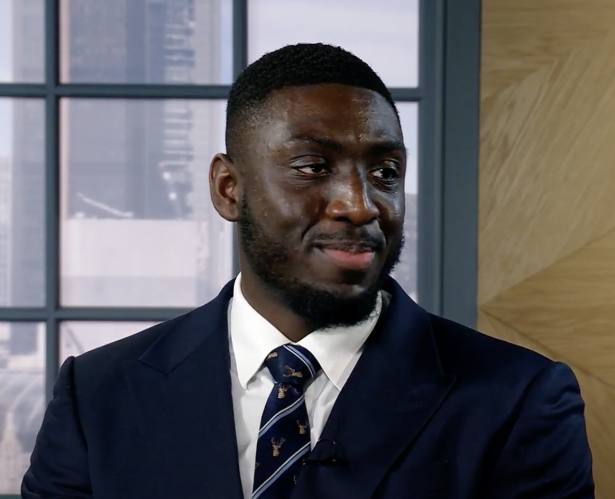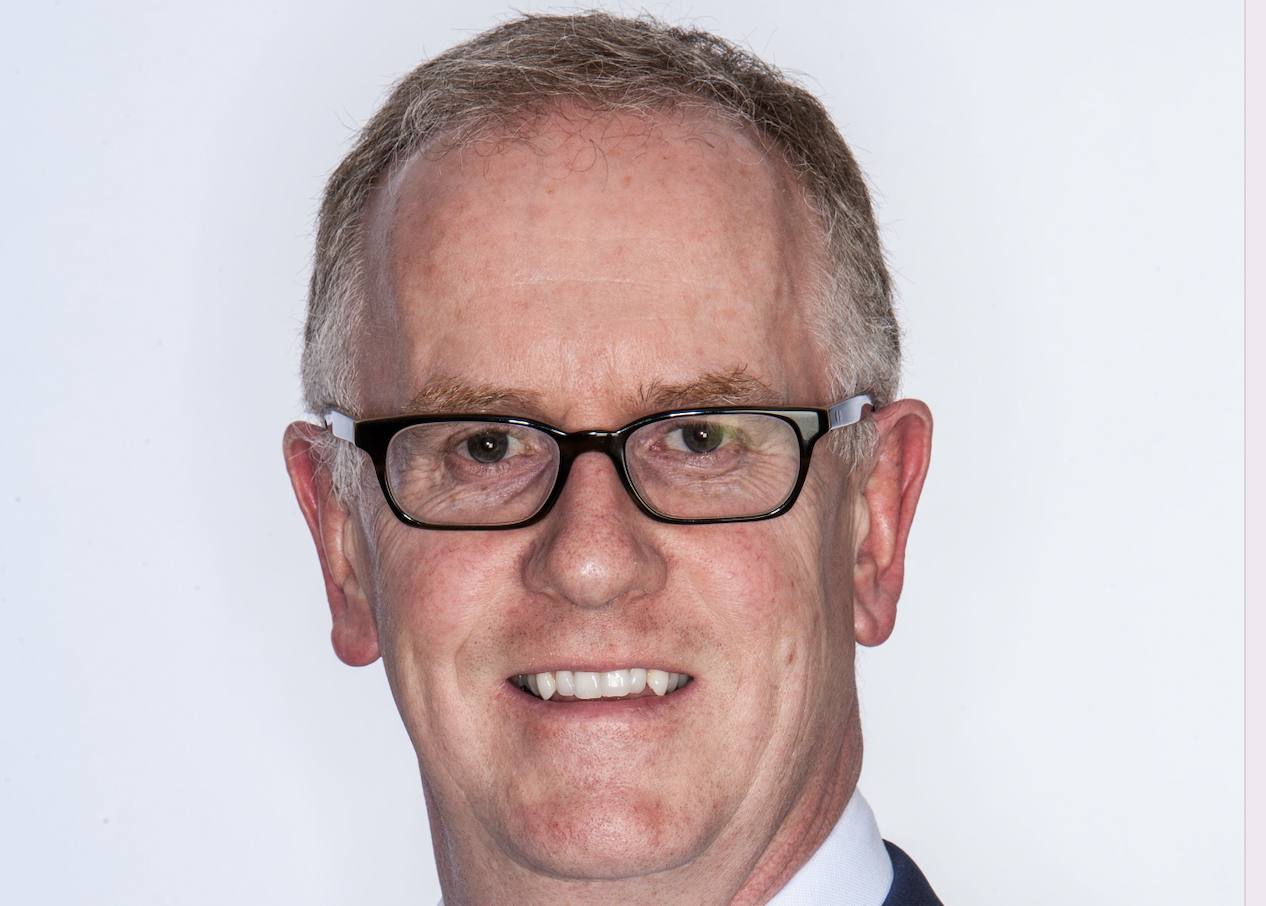
Anthony Rayner, who helps run £750m in a trio of multi-asset funds at Miton, has revealed the question he is most commonly asked by financial advisers.
The issue keeping advisers up a night, according to the manager, is how to build a genuinely diversified portfolio when developed market government bonds, traditionally a diversifier away from equities in a portfolio, are moving higher at the same time as stocks.
Mr. Rayner said when the current equity bull market ends, government bonds, rather than perform inversely to stocks, "could fall along with equities”.
Data published today by investment platform FundsNetwork suggested advisers are acting to try and guard against that hitting client portfolios.
In the top 10 adviser sales by sector via FundsNetwork, according to sales data for June, most money was allocated to Global funds with exposure worldwide.
This was followed by the corporate bond sector, then Mixed Investment 40-85% Shares.
Paul Richards, head of sales at FundsNetwork, said with many market commentators predicting the end of the bull run is nigh, it comes as little surprise advisory firms are starting to become increasingly cautious.
"As such, we have seen advisory firms allocate heavily towards assets that offer either geographical or asset class diversification such as global funds or multi asset funds," he said.
“As markets continue to hover near record highs and as Brexit negotiations continue to rumble on there are no shortage of things to keep investors on their toes over the coming months.
"With this in mind, we could see further demand for assets that offer diversification benefits or perhaps even more defensive assets such as fixed income.”
On the alternative asset classes available to advisers looking to achieve diversification from equities, Mr Rayner said sticking with bonds but moving away from government-issued assets and towards US corporates could be an effective strategy, if growth continues to be “steady but a bit dull, so that inflation is not rising very fast".
"In all of the developed markets over the past month or so, inflation has been lower than expected and economic growth has been OK in most of the developed world and particularly in the US.
"Those are conditions where corporate bonds can perform well, even if equities do not.”
Lower inflation helps the investment case for corporate bonds as it helps to preserve the value of the income generated.
Also where there is economic growth, this should aid the companies earn the cash to pay bondholders.
The second asset class mentioned by Mr Rayner is gold.
He noted in the past year or so when there has been a sell-off of government bonds, gold has performed well.
This is because if bonds are selling off, it may be because inflation expectations are rising and gold is traditionally capable of holding its value in times of rising inflation, due to its scarcity.
The final diversifier he mentioned is cash.





